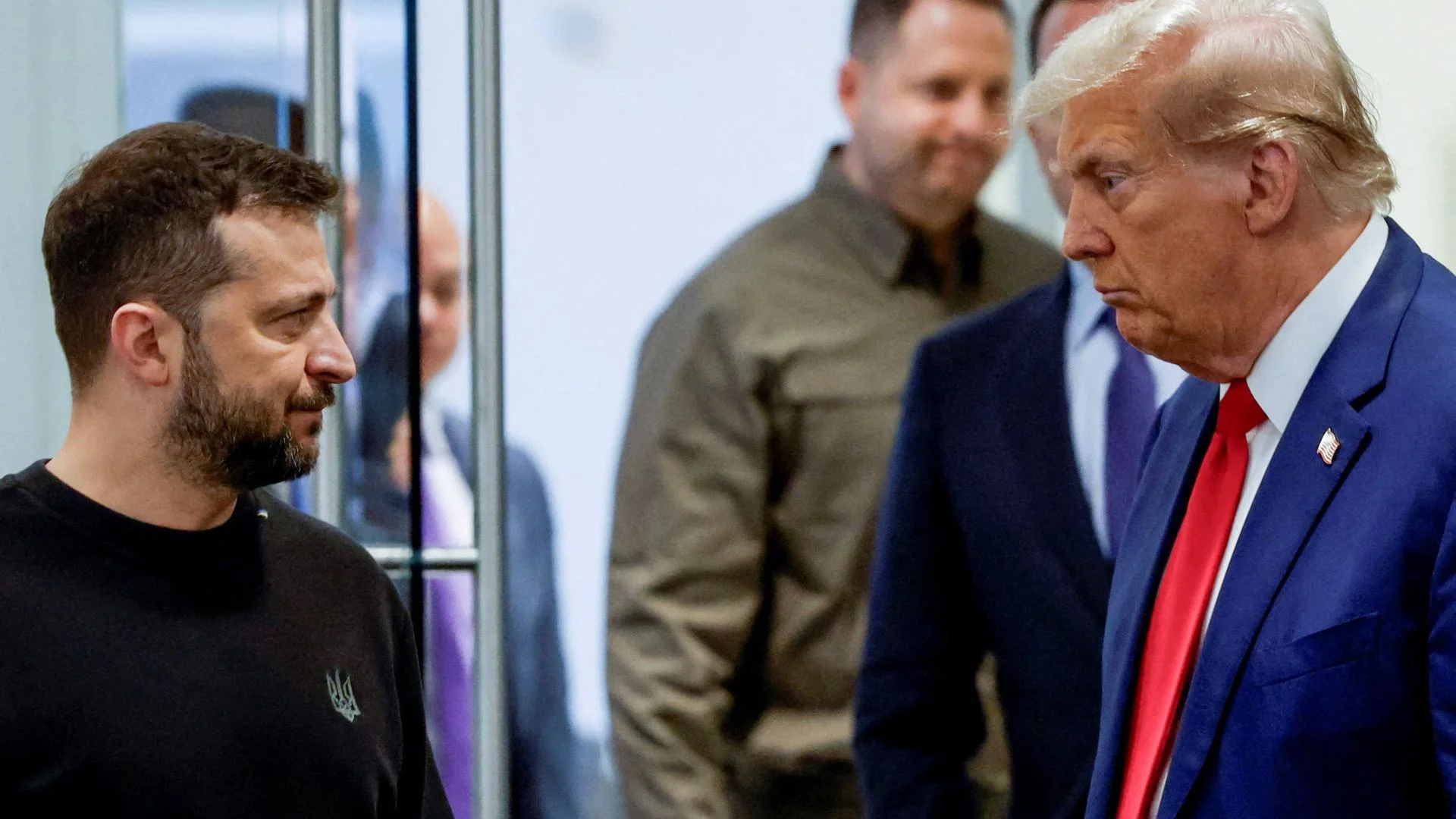NATO foreign ministers meeting in Brussels appeared poised to rebuff Ukraine’s bid for accelerated membership, as the alliance prepares for Donald Trump’s return to the White House. The incoming US president has pledged to broker a swift resolution to Russia’s war, prompting Ukraine to seek strategic assurances ahead of his January inauguration.
Ukrainian President Volodymyr Zelenskyy emphasized that Western security guarantees and advanced weaponry are critical preconditions for potential peace talks. Over the weekend, he expressed hope that NATO ministers might recommend inviting Ukraine into the alliance but acknowledged resistance from several member states.
NATO powerhouses like the United States and Germany have historically hesitated to endorse Ukraine’s membership, fearing it could entangle the alliance in a direct conflict with Russia. However, with US President Joe Biden and German Chancellor Olaf Scholz nearing the end of their terms, Kyiv hoped their administrations might grant concessions.
Diplomats, however, suggest Biden’s administration is unlikely to shift its stance, wary of potential backlash from Trump, who may reverse such commitments. Washington recently unveiled a $725 million military aid package for Ukraine but reiterated that Kyiv’s NATO accession remains a long-term goal.
In parallel, the European Union’s foreign policy chief, Kaja Kallas, highlighted the bloc’s support for Ukraine’s victory and hinted at ongoing discussions about deploying European troops to enforce a potential ceasefire.
Meanwhile, Ukraine faces intensifying Russian assaults in the east and is lobbying for advanced air defense systems, including the US THAAD and Israel’s Arrow systems, to counter Russia’s new Oreshnik ballistic missile.
Moscow, which recently targeted Dnipro with its experimental missile, has warned against further NATO involvement, threatening to strike Western suppliers and Ukrainian government facilities.







